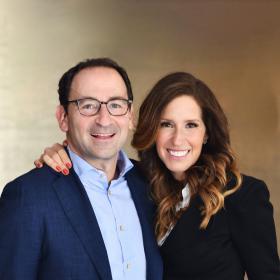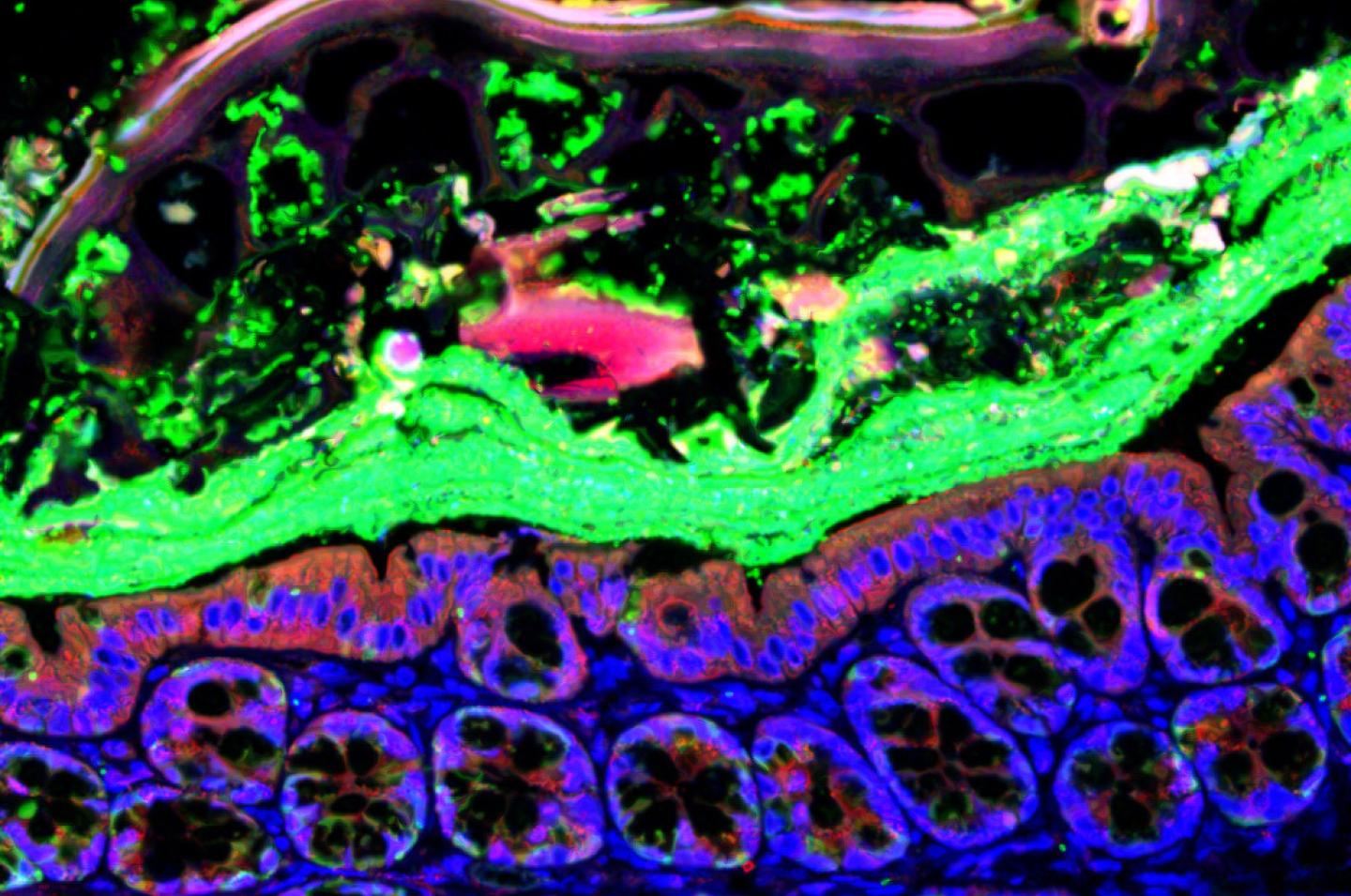Andrew Goodman, the director of the Yale Microbial Sciences Institute at Yale School of Medicine, has dedicated his career to studying an organ that is “hidden in plain sight,” but may hold the key to life-changing revolutions in health care.
“The gut microbiome, which is a collection of trillions of bacteria that live in our gut, is a fascinating part of human biology that most of biomedical research has completely ignored,” Goodman says. “It is unlike any other organ, in part because it provides a repertoire of genes that is one hundred times larger than our own genomes. It can change from one day to the next based on diet, environment, and health, and has meaningful and under-researched implications for healthcare.”
Previous work has shown that the gut microbiome can have a great impact on the effectiveness of medications, including cancer treatments. But new work from Goodman’s team, centered at Yale’s West Campus and involving labs across five departments, is beginning to elucidate how the microbiome affects the development of cancer in women with a BRCA mutation.




This line of research is funded by Mindy and Jonathan Gray P ’21, P ’24, longtime donors to cancer research. In 2012, the Grays founded the Basser Center for BRCA at the University of Pennsylvania’s Perelman School of Medicine, in honor of Mindy’s sister Faith. Now, their support of Goodman’s work at Yale will allow the research teams to bring on new scientists and access additional resources.
“We are thrilled to support this groundbreaking research at Yale,” the Grays say. “Dr. Goodman’s and his teams’ work on the gut microbiome will provide important answers as we seek to develop better alternatives for BRCA carriers and move closer to our ambitious goal of cancer interception.”
Beating the Odds
According to the Basser Center, one in 200 individuals has a mutation in either their BRCA1 or BRCA2 gene. These mutations are highly hereditary and drastically increase the odds of developing breast or ovarian cancer.
“When someone finds out they are a carrier of a BRCA mutation, it can be life-changing news,” Goodman says. “It’s challenging for patients to decide what to do. Anything we can do to help patients have the best information possible to make the right decision for themselves is incredibly important.”
Many women with a BRCA mutation choose to have surgery to remove breast tissue or ovaries and fallopian tubes. These preventative mastectomies or salpingo-oophorectomies are highly successful at eliminating cancer risk but can take a serious physical, emotional, and financial toll.
“The treatments doctors suggest for women with the BRCA mutation are often incredibly debilitating,” says Mark Lemmon ’93 PhD, co-director of the Yale Cancer Biology Institute. “These are particularly harsh approaches, considering some of the women with the BRCA mutation were never going to develop cancer at all. If we can help figure out who actually needs those treatments, it will be revolutionary.”
A new frontier
Bringing together interdisciplinary expertise in the gut microbiome and cancer development, the researchers aim to break new ground on these important questions.
“This gift has helped spark valuable interdisciplinary collaboration between these labs, enabling them to work together to investigate the relationship between gut microbes and BRCA-associated cancers,” says Nancy J. Brown ’81, the Jean and David W. Wallace Dean of Yale School of Medicine. “Ultimately, this research will help us develop targeted, patient-specific guidance for intervention and possibly even new approaches to prevent the emergence of breast cancer.”
Scientists across five departments—immunobiology, genetics, internal medicine, microbial pathogenesis, and molecular, cellular, and developmental biology—are exploring whether changes to the microbiome can impact the efficacy of certain medications or likelihood of cancer development.
“Our world-leading expertise in the microbiome is what inspired the Grays to include Yale in their philanthropy,” says Eric Winer ’78, ’83 MD, director of Yale Cancer Center. “This type of groundbreaking research is not being done anywhere else.”
